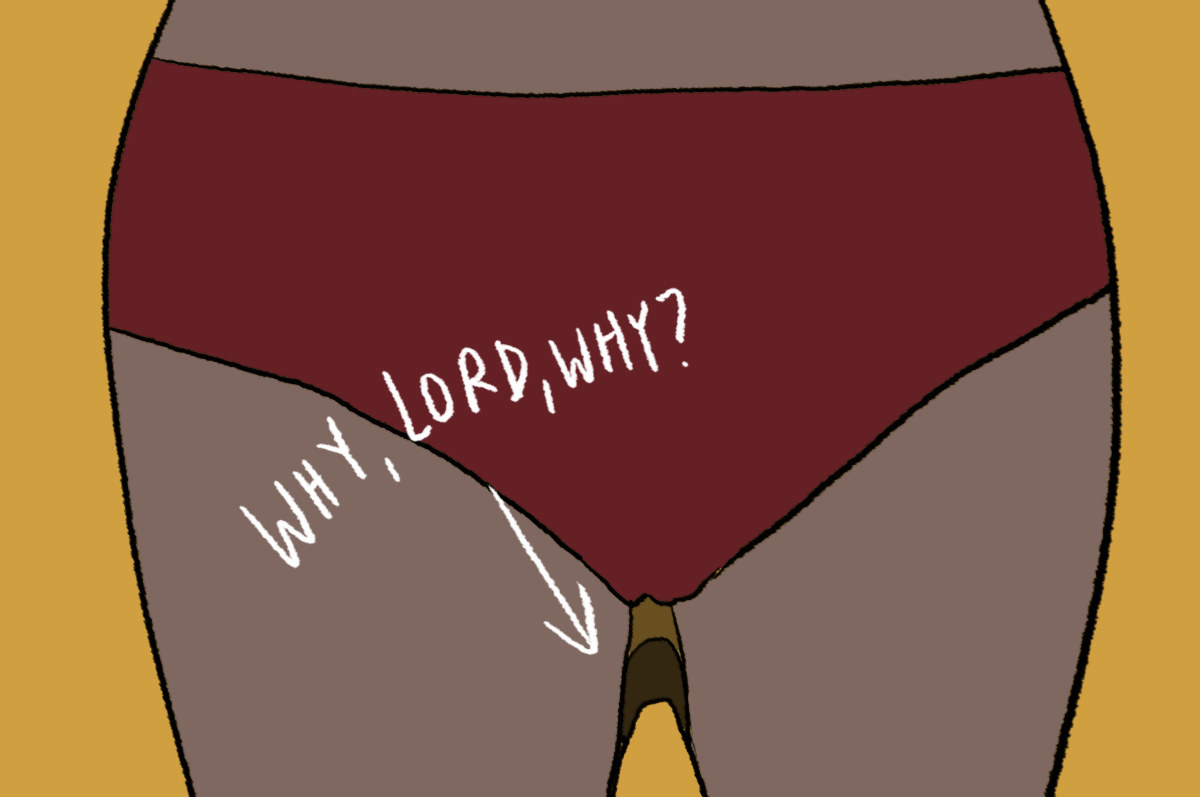

This takes experience and lots of trial and error, but if singing stops being fun due to an incorrect choice, then it’s best to make a different choice. When I sang Nemorino, I did it, but it felt so incredibly difficult and stressful, while singing Almaviva – a baritone role – in Le nozze di Figaro felt great. He will also most likely tire himself out before the end of the aria.įor me: I’m happiest singing in the baritone range. The tessitura, however, sits too high for a baritone, and it will sound difficult for the baritone to sing.
IF YOU RE PLAYIN ME KEEP IT ON THE LOW FULL
You might be able to honk out a killer high note, but if you cannot actually sing in the tessitura required by a piece, then you aren’t actually that voice type.įor example, the aria “Dies Bildnis ist bezaubernd schön” from The Magic Flute is full of notes that a baritone can sing. Even if you can manage to sing all the notes in a given tessitura, it must sound pretty easy for you, or the audience will have a kind of cognitive dissonance with your performance. That’s where you’re happiest singing with good technique for an extended amount of time. The best guide to your range is your tessitura.

But if E4 feels bad to you even after regular practice, then you may have a low voice. If A2 on the bass clef feels bad to you, then you may be a higher voice. If you feel sore when you sing, whether it’s high or low, then you may want to try something else. Some baritones have high passaggi and some tenors have a hard time with high C’s, but these can get you thinking more clearly about who you are: In my early struggles with being a baritone, I was hoping that I could be the next Thomas Hampson and get some of the rarely performed baritone versions of popular tenor roles tenor roles transposed ( Werther ), but that was and remains unlikely. If you are a baritone who wants to play primary protagonists all the time, your options may be limited in opera and more plentiful in musical theater (Curly, Lancelot, Marius) or operetta. Tenor roles can be less dramatically complex and meaty than baritone roles, but musically – in my opinion – they tend to get the soaring tunes that folks tend to whistle afterwards. Tenors tend to be lovers (Nemorino, Fenton, Rinuccio, Rodolfo, Alfredo, Faust) and heroes (Siegfried, Jean Valjean, Parsifal), and, at their worst, they can be jerks (Pinkerton) or creeps (Hermann), but they are rarely murderers (Don José). When they’re heroic, in opera, they can often have a fatal flaw (Valentin, Amfortas, Wolfram, Flying Dutchman, Athanaël). Baritones are often cast in comic roles (Figaro, Papageno). One person’s personality may be attracted to one kind of character over another, but their voice may point them in a different direction.īaritones play more villains (Scarpia, Jago, Jud Fry, Javert, Klingsor) or men of questionable integrity (Count Almaviva, Oppenheimer, Escamillo, Don Giovanni, Wotan) than tenors. There is a lot of identity that goes with singing within a certain fach (voice type). Since I’ve written about this struggle often, a lot of people have found this blog by asking the question via Google: Am I a tenor or a baritone? In Spring 2009, I switched from baritone to tenor (and since then, I’ve happily switched back). I feel a responsibility to keep this article current with what I believe about singing because it is – by far – the most read article on this site, and I don’t want to steer anybody wrong. My experiences singing as a tenor probably slowed down my career as a baritone somewhat, but those experiences also made me a much smarter singer. As I write this, I’m 30 years old, and my voice has grown into itself. I sing baritone now, and am very happy singing baritone. Note: I have edited this article slightly since it was first published, and I’ve changed one of the original five questions. Do you know what the real definition of a lazy tenor is?


 0 kommentar(er)
0 kommentar(er)
